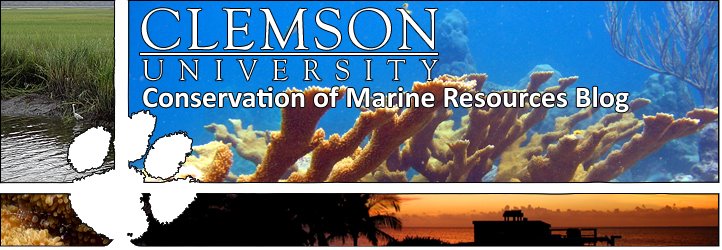Rising sea levels and loss of mangroves are a double threat to the stability of our beaches. In this station of our eco-tour the children meet a sea turtle biologist and National Park ranger on a beach in the Florida Keys.
They learn about the importance of mangroves as a nursery for many fish and invertebrates and how crabs, shore birds and sea turtles all rely on the beach to lay their eggs. The cut-away sea turtle nest helps the children to understand why sea turtle biologists sometimes relocate nests to higher ground to help give every nest a chance to hatch.
They discuss how our beaches also accumulates an enormous amount of marine debris including discarded fishing gear and single-use plastics. Children have an opportunity to help clean the reef by recycling plastic bottles at our recycling station.







